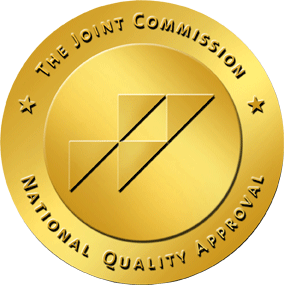SPLIT NIGHT STUDY
A split night sleep study is also performed at one of our sleep labs. It’s a diagnostic sleep test that combines a PSG and PAP titration into one study.
OFFERING A WIDE RANGE OF
SLEEP DISORDER SERVICES
Our respiratory team offers a high quality, cost-effective service and clinical expertise to
patients suffering from sleep problems. Our innovative laboratory services enhance sleep health.
Our respiratory team offers a high quality, cost-effective service and clinical expertise to patients suffering from sleep problems. Our innovative laboratory services enhance sleep health.

SPLIT NIGHT STUDY... WHAT IS IT?
A split night study is an alternative for patients with severe OSA. This study diagnoses OSA and titrates CPAP in a single night, reducing time to treatment.
During the first part of the night, you’ll perform a polysomnography (PSG) and follow up the remainder of the night with PAP titration.
This type of test is offered in our sleep lab if the sleep apnea is severe and the diagnosis is clear.
WHY TEST?
A split-night study can be an efficient and cost-effective way to diagnose and treat moderate to severe obstructive sleep apnea all in the same night, potentially reducing costs and eliminating the need for an additional night of testing.
Some patients demonstrate sleep disordered breathing only during REM sleep. A split-night study may have inadequate time for proper titration in these patients, for which we recommend a multiple latency sleep test (MSLT) instead.


